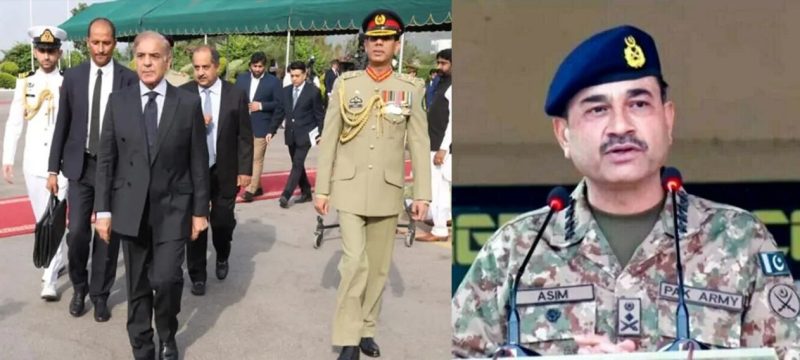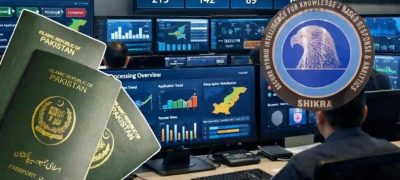Prime Minister Shehbaz Sharif and Chief of Army Staff (COAS) General Syed Asim Munir are set to visit Quetta today following the terrorist attack on the Jaffar Express, which resulted in 21 fatalities, including four security personnel.
During the visit, the premier will preside over a high-level security meeting, receiving a comprehensive briefing on the attack, rescue operations, and counterterrorism efforts. Security agencies will present details of their response and outline future strategies to prevent such incidents. Additionally, the prime minister will attend the funeral prayers of those martyred in the attack, with COAS Munir also present to reaffirm the military’s commitment to counterterrorism.
Read more: All Terrorists Eliminated in Jaffar Express Attack, 190 Hostages Rescued
Security Operation Concludes Successfully
Security forces successfully eliminated all 33 terrorists involved in the attack on the Jaffar Express in Balochistan. The operation, carried out with the support of the Pakistan Army, Air Force, Frontier Corps (FC), and Special Services Group (SSG), ensured the safe evacuation of most passengers.
According to Director General Inter-Services Public Relations (DG ISPR) Lieutenant General Ahmed Sharif Chaudhry, the attack began when terrorists detonated an explosive device on the railway track in Aosipur, Bolan, around 1 AM on March 11. The explosion derailed the train, which was carrying 440 passengers. Terrorists then took hostages, including women and children, using them as human shields, making the rescue operation highly sensitive.
Strategic Shift in Counterterrorism Approach
DG ISPR described the attack as a turning point in Pakistan’s counterterrorism efforts, stating that it has changed the “rules of the game.” Suicide bombers among the attackers were neutralized through precision strikes, preventing further casualties.
Security forces revealed that the terrorists had been in communication with handlers in Afghanistan. While the majority were neutralized, some managed to flee into nearby areas, prompting intelligence operations to track and eliminate remaining threats.
Foreign Influence and Disinformation
The ISPR chief condemned foreign interference in Pakistan’s internal security, criticizing Indian media for spreading misinformation through AI-generated content and outdated footage. He also pointed out that certain political and social elements within the country exploit terror incidents for personal gain rather than uniting against extremism.
He emphasized the need for effective implementation of the National Action Plan (NAP) and urged political leadership to play a more active role in countering terrorism. He also highlighted that security forces conduct over 160 intelligence-based operations (IBOs) daily, stressing that the fight against terrorism requires collective national efforts.
Rescue and Evacuation Efforts
Security forces confirmed that 190 passengers had been safely rescued, with a relief train dispatched from Quetta to assist the remaining 40 hostages released at Panir railway station. The terrorists had positioned themselves in rugged terrain, using women and children as shields to delay military action. Despite this challenge, the military’s well-coordinated response ensured the safety of a significant number of passengers.
International Condemnation and Future Countermeasures
The attack has drawn strong condemnation from the international community, including China and the United States, both of which pledged support for Pakistan’s fight against terrorism. The government has vowed to hold all those involved accountable, while security measures across Balochistan are expected to be further strengthened to prevent future attacks.









